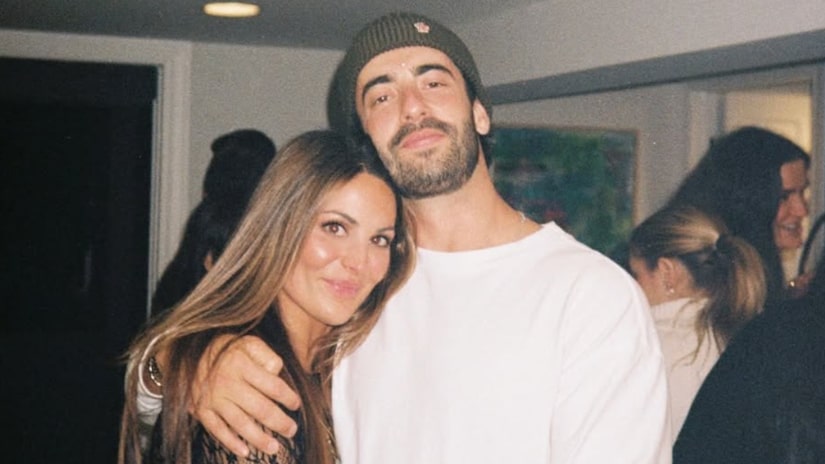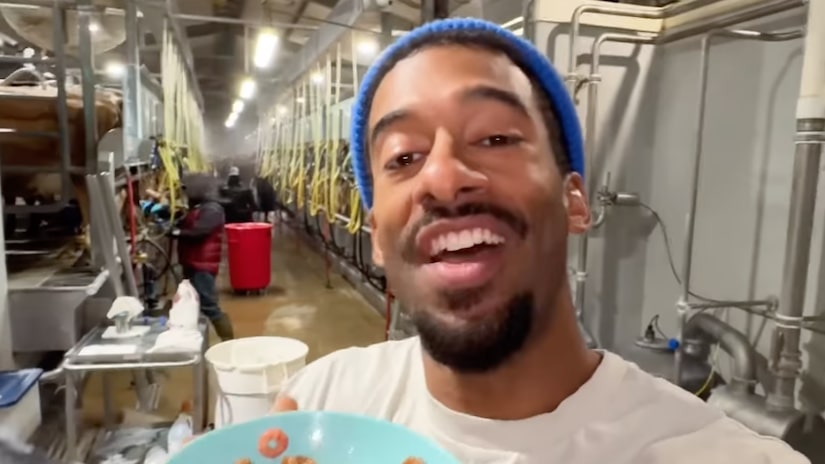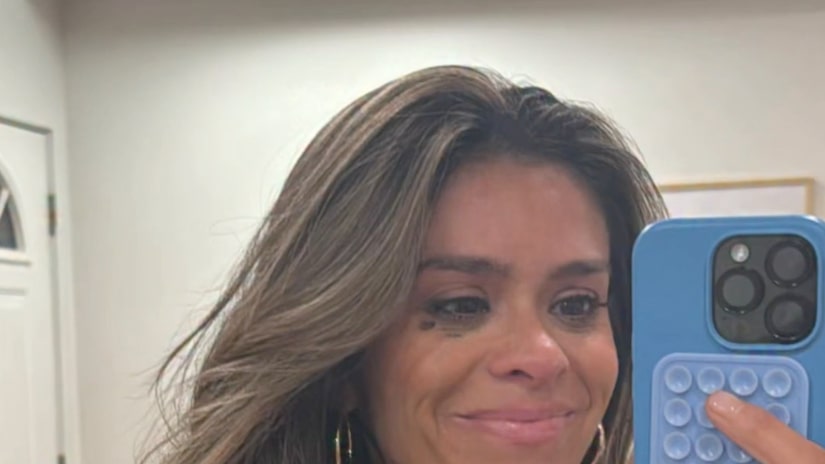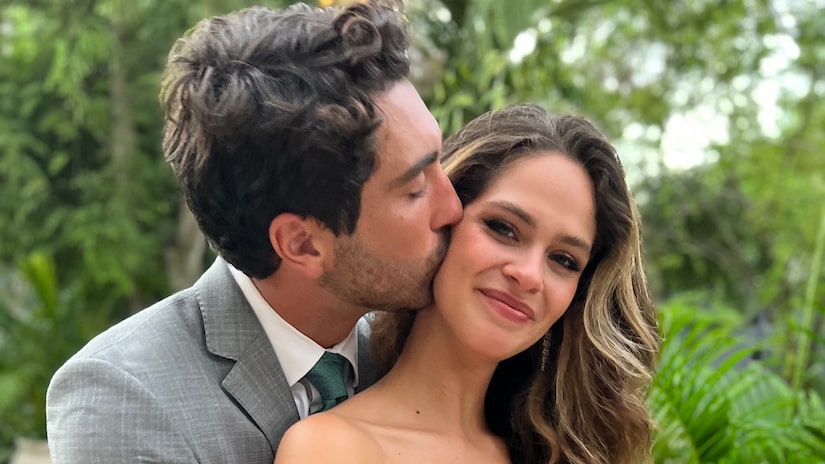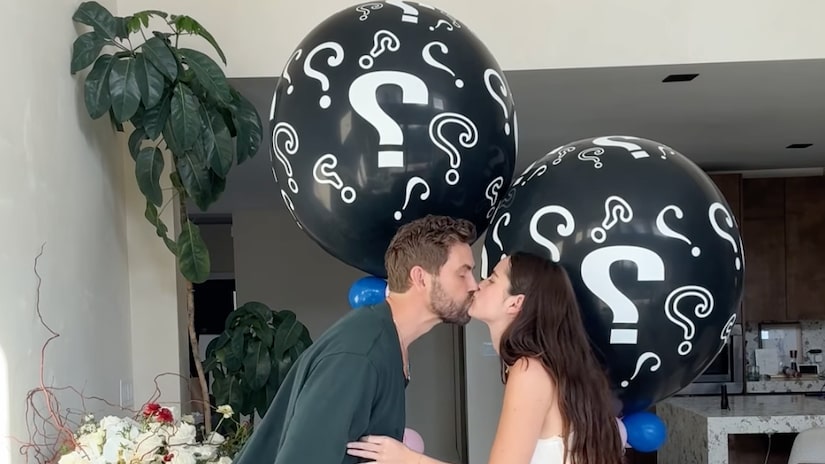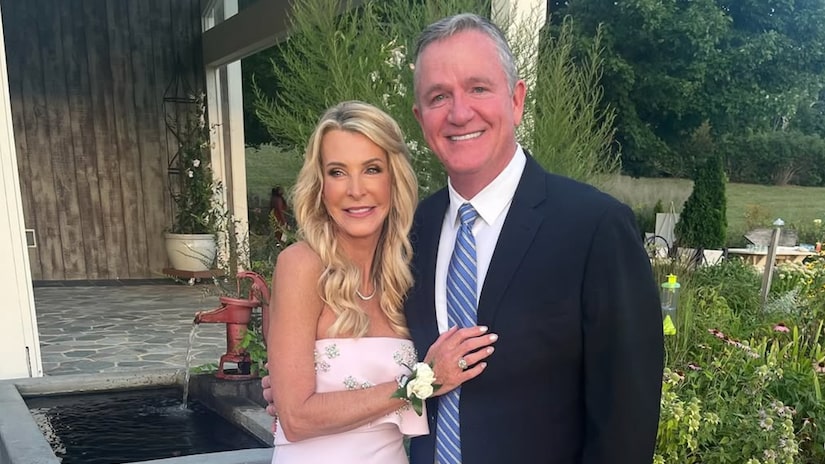January 14, 2020 hometowns
J.P. Rosenbaum & Ashley Hebert Open Up About Rare Guillain-Barré Diagnosis
J.P. Rosenbaum and Ashley Hebert are sharing new details about J.P.’s recent diagnosis of Guillain-Barré syndrome, a rare neurological condition.
The “Bachelorette” couple opened up to ABC News anchor Adrienne Bankert on “Good Morning America,” where they spoke about their reactions to the recent diagnosis. J.P. told Bankert he “burst into tears” — the first and only time Ashley had ever seen her husband cry — when he wasn’t able to move or hold his kids.
J.P. explained that the most difficult part for him was trying to be strong for his kids and hiding his pain from them. He said, “Walking was hard. I couldn’t put on socks. I couldn’t shower. I can’t hug my kids, pick up my kids, do anything for my kids. I don’t want my kids to see me like this.”
Ashley and J.P. first suspected something was wrong when one Friday at the end of the day, “we picked up a pizza and he couldn’t carry it.”
J.P. revealed his Guillain-Barré diagnosis on December 8 in a series of videos and photos on Instagram. He called the condition and his hospitalization “very surreal, humbling, and crazy rare.”
In an Instagram post of her own, Ashley wrote, “Jp was diagnosed with Guillain-Barré syndrome yesterday. He is in treatment and doing well. It may be a long road to recovery, but we are so grateful to everyone that has helped us get to a speedy diagnosis and treatment.”
Waiting for your permission to load the Instagram Media.
On December 9, Ashley posted a photo of their family (they have two kids, Fordham and Essex) and thanked everyone who sent good wishes. She wrote, “Cherish all that you have every, single day. Thank you to everyone for prayers, helping with the kids and offering all your love and support. We are blessed to have amazing family and friends. Love you all and grateful to have so much good in our lives.”
Guillain-Barré occurs when “the body’s immune system mistakenly attacks part of its peripheral nervous system,” the National Institute of Neurological Disorders and Strokes notes. Initial symptoms of the condition may include difficulty eating or swallowing, prickling sensation in the hands or feet, severe pain, and abnormal heart rate.
According to “Good Morning America,” J.P. undergoes physical therapy five days a week and is expected to make a full recovery.


